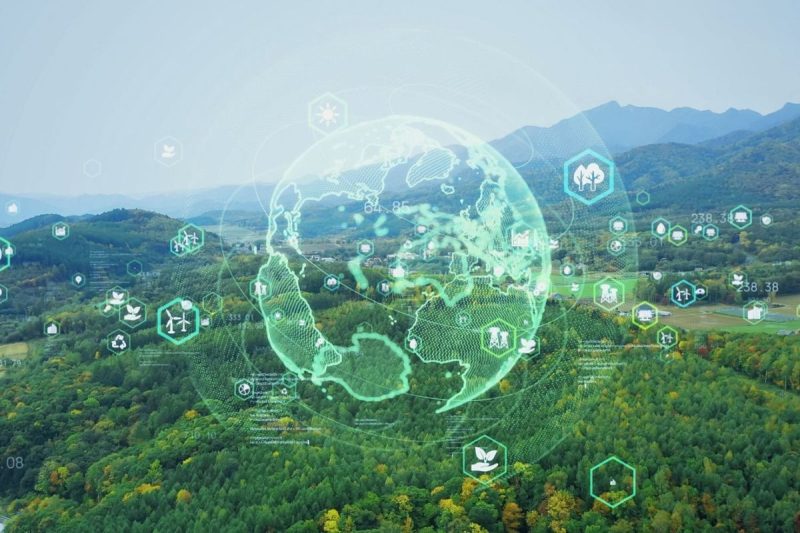As Cleantech Market Faces Challenges, Innovation and Investments Push Forward
The cleantech industry has been a hot topic in recent years as efforts to combat environmental challenges intensify. The third quarter of 2024 proved to be an eventful time for the cleantech market, as various trends and developments took center stage.
One of the prominent themes in the cleantech market during this period was the continued growth of renewable energy sources. Solar and wind energy, in particular, saw significant advancements, with new investments driving capacity expansion and technological innovations improving efficiency and performance. These developments are crucial in the transition towards a greener and more sustainable energy landscape.
Another key trend observed in the cleantech market in Q3 2024 was the rising interest in energy storage solutions. With the intermittent nature of renewable energy sources posing challenges to grid stability, the need for effective energy storage systems has become more pressing. Companies are increasingly looking into innovative battery technologies, grid-scale solutions, and demand-side management strategies to address this issue and unlock the full potential of renewable energy.
Transportation also played a significant role in shaping the cleantech market during this period. The electric vehicle (EV) sector continued its rapid growth, with more automakers introducing new models and expanding production capacities. Government initiatives and incentives worldwide further boosted the adoption of EVs, driving investment in charging infrastructure and battery manufacturing facilities. The shift towards electrification in transportation is seen as a key driver in reducing carbon emissions and mitigating climate change.
On the policy front, regulatory developments in Q3 2024 had a tangible impact on the cleantech market. Governments and international bodies introduced ambitious emissions reduction targets, renewable energy mandates, and carbon pricing mechanisms to incentivize clean energy adoption and drive investment in sustainable technologies. These policy measures provide a framework for industry players to align their strategies with environmental goals and contribute to the global transition to a low-carbon economy.
Despite the positive momentum seen in the cleantech market, challenges and uncertainties remain. Supply chain disruptions, geopolitical tensions, and economic fluctuations pose risks to the industry’s growth trajectory. Furthermore, the need for continued innovation, collaboration, and investment is paramount to addressing complex environmental issues and achieving long-term sustainability goals.
Looking ahead, the cleantech market is poised for further evolution and transformation as technological advancements, market dynamics, and policy developments continue to shape the industry landscape. With a renewed focus on sustainability and climate action, stakeholders across sectors are encouraged to embrace innovation, adaptability, and a collective effort to drive positive change and build a more resilient and cleaner future for generations to come.

